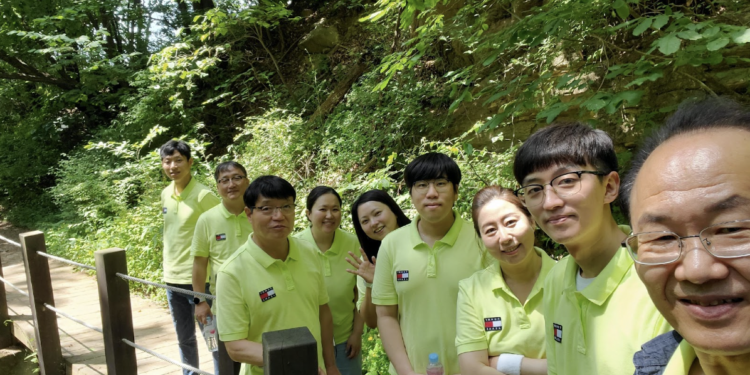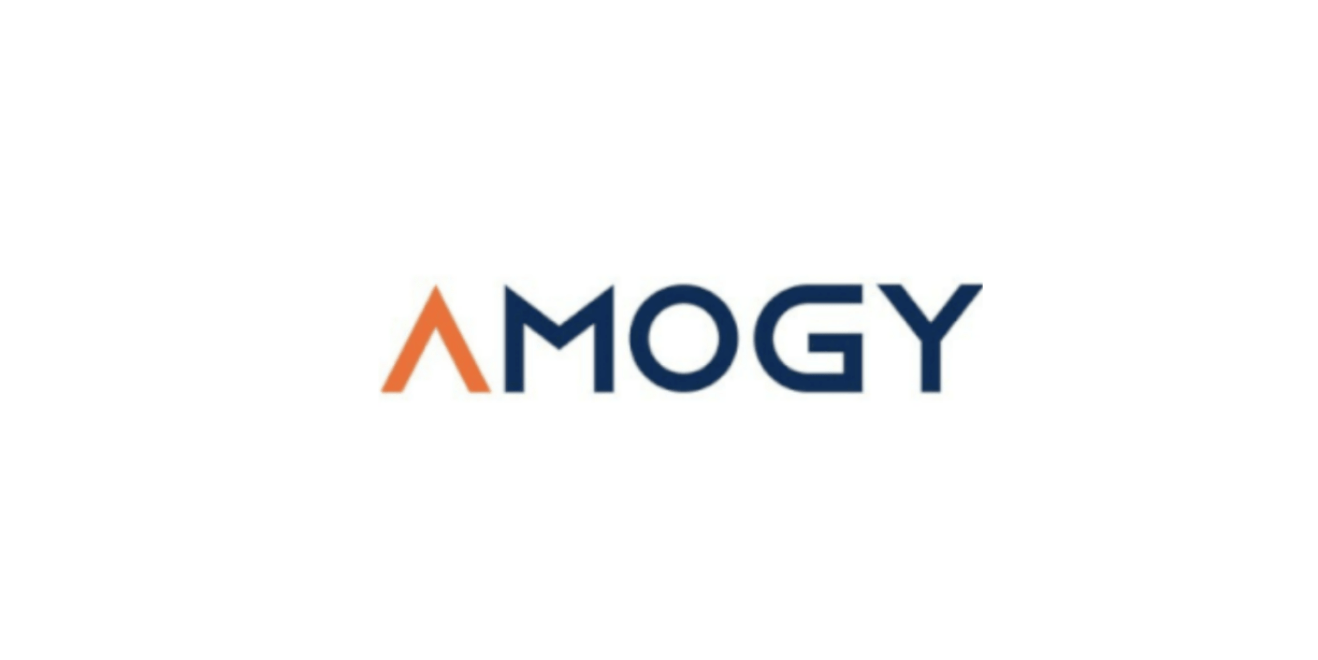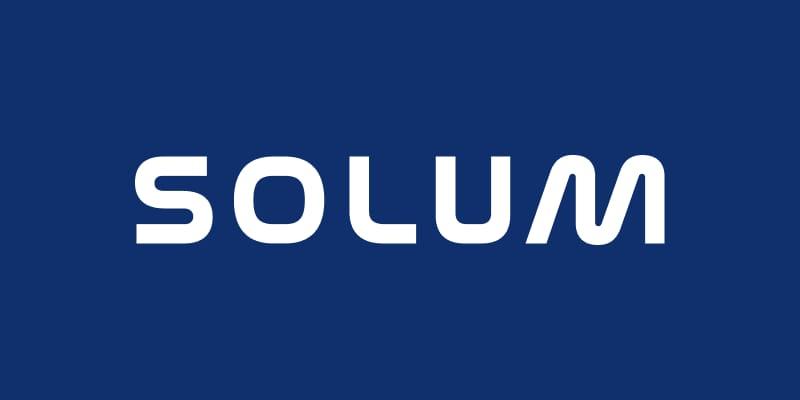South Korea is committed to a sustainable growth model with its Green New Deal Policies that focuses on realizing the balance in economic, social, and environmental sectors under the paradigm change for an eco-friendly energy country.
The Korean government is trying to establish a society where waste is recirculated as a resource. Korean company Kinava is a leading contributor to the government’s goals for a better waste management program.
Kinava is a leading R&D company of organic-waste-to-energy & resources by Hybrid Hydrothermal Carbonization (HTC) technology. The company has a proven record of converting various organic wastes into biofuel and biochar, such as sewage sludge, livestock manure, food waste, wood waste, and dying factory sludge. Several conglomerate companies have recognized their technology through R&D and marketing collaboration agreements.
Kinava is a startup founded as a spin-off by Hanyang University’s R&D personnel in hydrothermal carbonization for organic waste to energy and resource conversion. Based on the proprietary hybrid hydrothermal carbonization technology, organic waste is being developed as new and renewable energy.
Converting organic waste to solid biofuel usually requires a significant investment and operation cost, including facilities, equipment, utilities, and energy. Kinava’s HTC technology costs only 1/3 of energy compared to conventional drying technology. It also effectively addresses the stench problems of stinky organic waste.
The Hybrid Hydrothermal Carbonization developed by Kinava’s research team leads to effective treatment processes and outstanding high-caloric and eco-friendly biofuel businesses. It matches perfectly with conventional anaerobic digestion and drying technology if the Hybrid HTC reactor is installed as a pre-processor of them. It has the same effect of double up the dryer’s capacity and efficiency of the anaerobic digester.
Kinava Co. and Korea East-West Power Co. collaborated on the Green Pellet Pilot Project, which demonstrated the conversion of sewage sludge and wood wastes to biosolid fuel at the Dangjin Power Plant of Korea East-West Power Co..
Having succeeded in the domestic market, Kinava is now aspiring to enter the US market, where there is a huge market for solid waste-to-energy conversion industry. Rex Lumber, the top 10 lumber company located in Florida, requested to convert their electric pole waste (3M T/yr in US) into metallurgical coal for their potential customer, Mitsubishi Steels of Japan. Dr. Kangil Choe, CEO of Kinava, tells that “US market is a blue ocean for us because it is very early stage and huge market for organic waste-to-energy business.”
Also Read,
- Aurum Care Management develops S. Korea’s first-of-its-kind chronic disease care system
- Korean startup Ad-Shield helps websites fight ad blockers and retain ad revenue
- Korean startup InDJ app provides users K-Pop music playlist based on mood & situation
- Noutecompany’s digital stationery trading platform ‘WeBudding’ for Gen MZ academic needs






